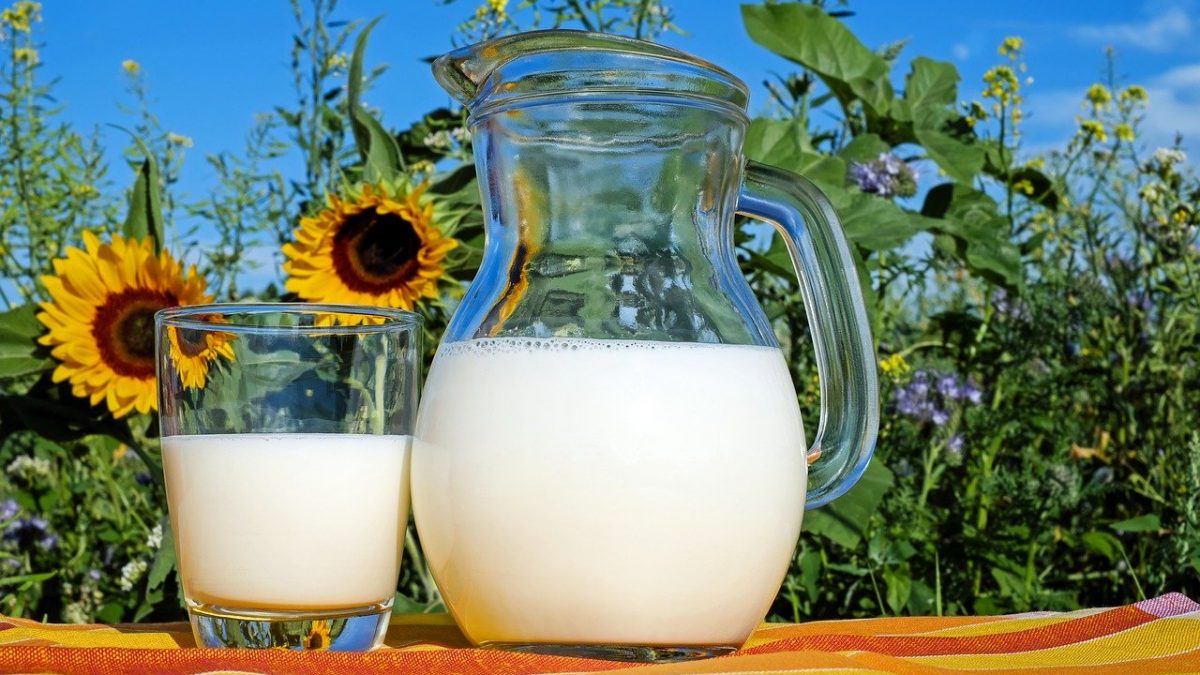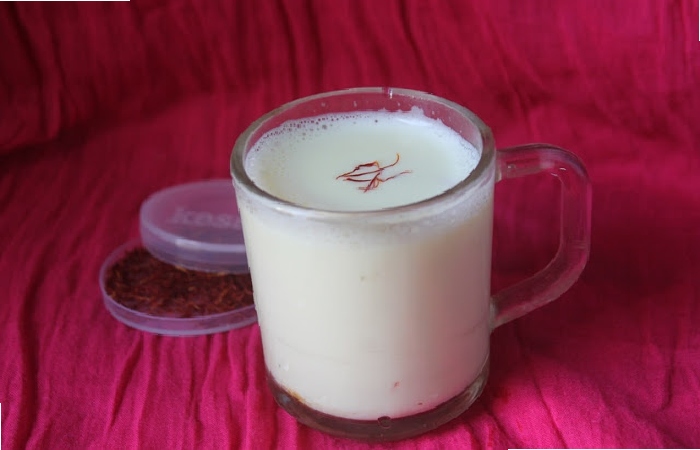Table of Contents
Milk Nutrition – Known – Diet Drink
Milk nutrition is a good source of many significant nutrients, including calcium, protein, and vitamin D. Many people see it as a vital part of a balanced diet. Others, however, cite various motives for choosing not to consume it.
Milk’s ingredients and nutrients differ from general non-dairy choices like almond milk, cashew milk, or soy milk. Not all non-dairy decisions have the same nutrients as the nutrients in milk. For instance, an eight-ounce glass of dairy milk delivers eight times more naturally happening protein than the same size serving of almond milk.
All dairy milk — whether fat-free, flavored, or organic milk — provides nine essential nutrients. In addition to naturally occurring, good protein, milk contains other nutrients, including B vitamins for energy, vitamin A to help uphold a healthy immune system, and calcium and vitamin D, which work in concert for bone health.
Facts
Milk Has 8 Grams of High-Quality Protein
One 8-ounce glass of milk offers eight grams of usual, good protein. Protein is essential for many reasons — it helps build lean muscle and keep bones robust.
Many experts now mention getting 25 to 30 grams of protein at their meals. The timing of protein is also essential, especially at breakfast, a meal that’s often heavier in carbs and lighter on protein. Including protein at breakfast helps you feel full and satisfied so that you won’t feel hungry by mid-morning. Pairing your morning meal with a crystal of milk can help you influence that quantity of protein before noon.
Furthermore, not all sources of protein are fashioned equal. Milk is a ” whole” protein, which provides the total mix of essential amino acids.
Milk Is the Top Cause of Calcium in American English Diets
Dairy milk is a brilliant basis of calcium, which helps build and preserve robust bones and fangs. It would take seven dishes of raw broccoli to get as much calcium as you get in just one 8-ounce glass of milk. Each helping contains 300 mg of calcium, which is 25 percent of your everyday suggested quantity of calcium.
Milk is also the Top Basis of Potassium, a Nutrient Missing in Many Americans’ Diets
How much potassium is in milk? Potassium helps regulate the stability of fluids in your body and plays a critical role in maintaining healthy blood pressure. Respectively 8-ounce glass of milk has as much potassium as a small banana.
Types of Milk and Milk Products
Milk’s health depends on the separation and the type of milk they eat.
Pasteurized milk high in protein, low in fat, and free from unnecessary additives can be healthful for many people.
On the other hand, some flavored milk contains as much sugar as a can of soda. These are not healthful choices.
Present-day cow’s milk is not a single product. It can be fresh or long, fat-free, lactose-free, fortified with added omega-3s, hormone-free, organic, or raw, among other options.
Nutrition
The nutritional breakdown of milk is contingent on the fat satisfied and whether or not the manufacturer has enriched it. Today, many producers in the United States fortify their milk products with extra vitamins.
One 244-gram (g) cup of whole milk with 3.5% to 3.8% fat contains Trusted Source:
149 calories
7.9 g of fat
7.7 g of protein
12.3 g of sugars
276 milligrams (mg) of calcium
205 mg of phosphorus
322 mg of potassium
3.2 micrograms (mcg) of vitamin D
Meanwhile, one 244 g cup of non-fat or skim milk contains Trusted Source about:
83 calories
0.2 g of fat
8.2 g of protein
12.4 g of sugars
298 g of calcium
246 mg of phosphorus
381 mg of potassium
2.9 mcg of vitamin D
Both types of milk also deliver choline, magnesium, vitamin A, riboflavin, vitamin B-6, vitamin B-12, folate, and numerous extra nutrients.
Calcium
Calcium has many purposes in the body, including counting
evolving and preserving healthy bones and teeth
helping with blood coagulation and wound healing
maintaining normal blood pressure
controlling muscle contractions, including the heartbeat
According to the Office of Dietary Supplements Trusted Source (ODS), it may also help reduce the risk of some types of cancer.
Vitamin D helps the body absorb calcium more professionally. So, pairing calcium-rich foods with a source of vitamin D can increase both nutrients.
The National Institutes of Health Trusted Source (NIH) recommends that people aged 19–50 aim to consume around 1,000 mg of calcium each day, rising to 1,200 mg for women aged 51 and over and men aged 71 and over.
Health Benefits of Milk Nutrition
Milk’s nutrients can profit the body in various ways. The units below discuss the specific health benefits of milk in more detail.
Bone Health with Milk Nutrition
Milk can be good for the bones since it provides vitamin D and calcium. It may help prevent osteoporosis.
Learn more about osteoporosis here.
Brain Health
Some researchers, Trusted Source, believe that older grownups who eat more dairy products have a higher amount of glutathione, a powerful antioxidant, in the brain.
Those who spent three daily helpings of milk and milk crops had antioxidant levels that were approximately 30% higher than those of adults who had less than half a serving per day.
Blood compression and heart health
According to the AHA, a higher potassium intake and a lower sodium intake are important for reducing the risk Trusted Source of cardiovascular disease.
In 2014, scientists published their findings in Trusted Source after looking at the data of more than 90,000 postmenopausal women. Around 25% of the women who expended the most potassium had a 21% lower risk of any stroke and a 27% lower risk of ischemic stroke.
However, the saturated fat in full-fat dairy products can increase the risk of atherosclerosis and heart disease. For this cause, people at risk of blow or cardiovascular disease should opt for skim or low-fat milk.
Depression
Adequate vitamin D levels provide serotonin production, a hormone related to mood, appetite, and sleep.
The Trusted Source of 2019 meta-analysis findings indicate that vitamin D supplementation may help people with significant depression accomplish their symptoms. However, the investigators called for additional studies to approve these findings.
Muscle structure and heaviness damage
Providing about 8 g per cup, milk is a decent source of protein, which is essential for repairing body tissues and preserving or increasing lean muscle mass.
A diet that contains an adequate quantity of protein can improve Trusted Source wound healing, leading to a growth in power mass. It may also endorse weight loss, but further studies are needed to confirm this.
Persons who request to lose heaviness should opt for skim or low-fat milk, and they should be mindful of their total daily calorie intake if consuming full-fat dairy.
What is protein, and why do we essential it? Study more here.
Risks with Milk Nutrition
Some people choose not to consume dairy crops such as milk. These persons may
choose to follow a specific diet, such as vegan or paleo
hope to reduce acne or other conditions
Some argue that persons are the only species to drink milk after being weaned, implying that milk consumption is unnatural and unnecessary.
Conclusion
This nutrient in milk, also known as B3, works with riboflavin and vitamin B12 to help convert food into energy. An 8-ounce glass of milk contains 10 per cent of your recommended daily amount of niacin. When you know the facts about the nutrients in milk, there’s an easy way to add more nutrition at mealtimes: Pour a glass of milk.
Also Read: Best colour Laser printer – Explication, Uses, Difference, And More


